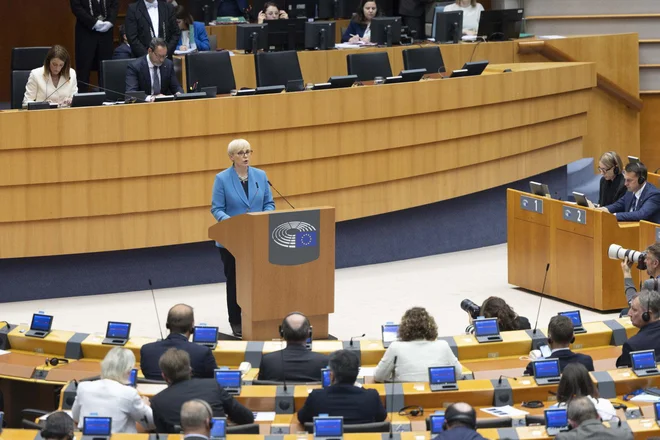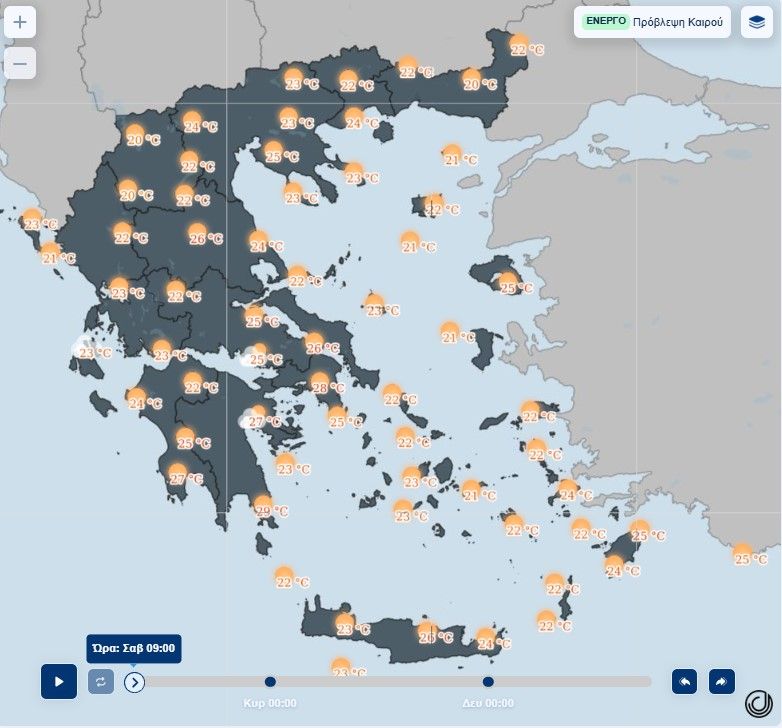Germany as GMBH USA – Time for a European Strategic Turns

In a world where geopolitical relations are increasingly reminiscent of corporate structures, we can imagine countries as companies. The United States as a global corporation, China as an ambitious conglomerate, Russia as an aggressive but internal unstable holding company – and Europe as a set of highly specialized companies, each with its own director, but without a joint executive leadership.
In this picture, Germany occupies a special place. Edited, strong, disciplined. Real GmbH – Limited Liability Company. But if we look closer, the question arises: responsibility – who?
The US is undoubtedly the strongest ally of Germany. This alliance is historically grounded, military fortified and economically connected. American presence in Germany – with approximately 30,000 soldiers, key bases such as Ramstein Air Base or the command of African in Stuttgart – is not a sign of occupation but a solid and lasting strategic presence.
But military presence is not merely a logistical or defense question. It is also a political and symbolic issue of sovereignty. If the state has a foreign army on its territory, which independently manages the largest databases and plans surgery independently of the local authority, it is a legitimate question: is it a complete sovereignty – or merely the status of a strategic host?
Let us imagine that a foreign army would be constantly present in the Slovenian territory – 1700 soldiers with state -of -the -art equipment, intelligence, air control and independent command. This is about as much as the American presence in Slovenia would be calculated according to the situation in Germany. Recall: Slovenian Army has about 7300 members. This hypothetical base would represent almost a quarter of the entire domestic defense forces.
Tomaž Erjavec. Photo: ZZ work
Let it be clear – this is not the scenario I suggest. This is merely an illustration of how much weight is the constant presence of a foreign army in a peaceful environment. I myself advocate a thoughtful approach to neutrality, where this one is possible – because in the long run it is often the cheapest and most sight of choices for the nation.
The US influence does not stop in defense. It also occurs in the political and economic decisions of Germany – and consequently the European Union.
In energy policy, the United States has strongly opposed the Nord Stream pipeline 2. A project that would allow Germany directly to connect to Russian gas, encountered sanctions against European companies and strong political pressure. Germany was forced to abandon the project, losing significant energy independence and partially shifted to the purchase of more expensive American liquefied gas.
In the field of trade, steel and aluminum duties introduced by the US administration directly affected the German industry. Such moves have become a tool of pressure in recent years, beyond trade disputes and reaches the sphere of broader strategic relationships.
Even in US defense policies, they have long been pressing Germany to increase NATO expenditures and fulfill a commitment of two percent of GDP. Although Germany has a traditionally strong peace stance, it was forced to gradually change its attitude towards the army, which also affects its internal policy.
The real question is: what the future expects – and whether we are ready for it as partners or as subcontractors.
Germany’s foreign policy is often moving in the direction of American views. In relation to China, Iran and Russia, Germany follows the Washington line, although this is not always in line with its economic or political interests. The larger framework of cooperation simply determines the tone.
The same is true of migrant policy, with Germany often taking a model role, which is not necessarily European. The decision for the open door in 2015 was not only humanitarian, but also strategically related to a broader western context. The European wave of migration was an indirect result of interventions in which America played a central role. Germany thus became an operational savior of the consequences of decisions in which she had no decisive word.
The problem arises when this model becomes a role model. As the largest and most influential member of the European Union, Germany is often the ones that set guidelines that other members – including Slovenia – imitate. However, if Germany works in key decisions in accordance with the interests of another superpower, then each country that follows it must ask whether it does not indirectly accept that addiction.
This is a subtle but important difference between partnership and intermediation. If Germany is in many ways an extension of the US strategy, then the EU risks to lose its strategic autonomy.
Slovenia is a small country, but that is why we cannot afford strategic recklessness. The world is changing rapidly. New alliances, new technological spheres, new forms of global competition are emerging. If we want to be a credible interlocutor and not just a companion of what is happening, then we have to have a clear strategy. It is not about rejecting partnerships – it is a conscious decision on where and why we are entering.
That is why the key issue should be a key issue for the Slovenian foreign policy structure – including the Ministry of Foreign and European Affairs – how to clearly, coordinated and long -term our strategic priorities. Foreign policy is no longer just space for diplomatic phrases, but a space of strategic decisions. Slovenia needs to know when and why it supports a certain direction within the EU or in relation to the US. Not because of pressure, but because of the thoughtful judgment of its long -term interests.
There may also be something deeper after that – historical. Throughout the decades, if not centuries, Slovenes have often lived in systems that were not ours. During the occupation, we were divided between different empires, in communism part of the international movement, in the EU part of the integration that often follows it without co -shaped. From this, a reflex developed – obedience, adaptation, silence. This reflex may have helped us to survive, but today it prevents us from really living as an independent nation with its strategy.
This internal transformation is necessary. It is time to say goodbye as a nation to the role of always correct, hardworking and quiet associate. It is time to become an interlocutor – confident, sovereign and able to shape our own priorities.
So the question is not what our allies expect. The real question is: what the future expects – and whether we are ready for it as partners or as subcontractors.
***
Tomaž Erjavec, entrepreneur, athlete, book lover and dialogue.
The article is the opinion of the author and does not necessarily express the views of the editorial board.








